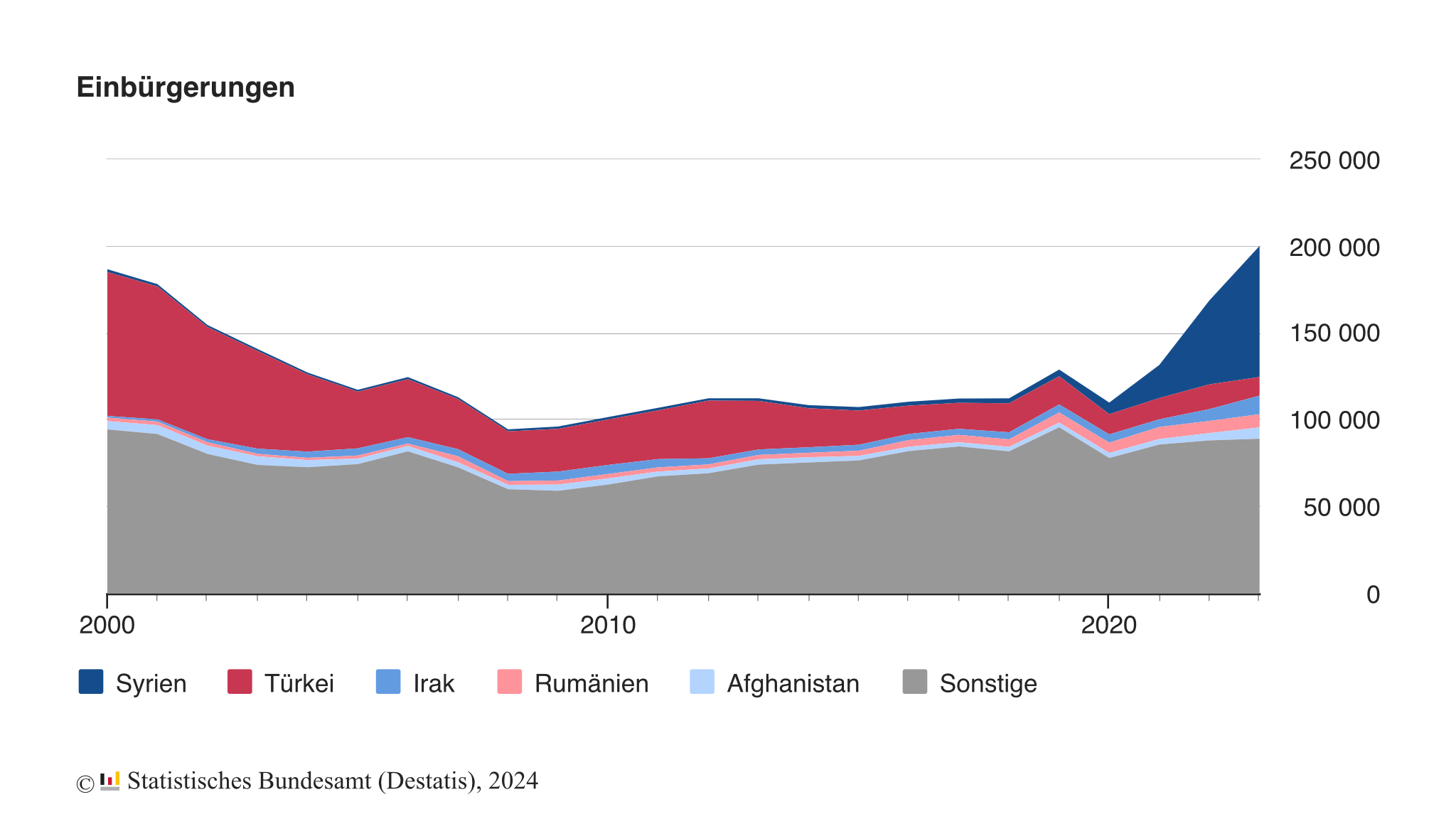
Could You Be Eligible for German Citizenship by Descent?
Did you know that nearly 50 million Americans have German ancestry? If you’re one of them, you might be eligible for German citizenship—without ever having lived in Germany. The key lies in your ancestry, and if your lineage meets specific legal criteria, Germany may recognize your right to citizenship today.
What Are the Two Principles of Citizenship and Which One Applies to Germany?
Most countries follow one of two citizenship principles:
- Jus Soli (Right of Soil): Citizenship is granted to anyone born in a country’s territory. The United States and most American countries follow this model.
- Jus Sanguinis (Right of Blood): Citizenship is inherited from parents, regardless of birthplace. Germany, along with most European nations, adheres to this principle.
Germany only recognizes you as a citizen by birth if one of your parents was a German citizen at the time of your birth.
How Can You Prove Eligibility Through Your Ancestral Lineage?
To claim German citizenship by descent, you must trace your family tree and verify each ancestor’s citizenship status. If your grandparent or great-grandparent was a German citizen who didn’t lose their citizenship before the next generation’s birth, that right may have been passed down to you.
You need to gather documents like birth, marriage, and naturalization certificates to build this lineage.
What Historical Laws Could Affect Your Eligibility?
Several historical events and laws may have disrupted the transmission of German citizenship. Here’s what to look out for:
- Nazi-Era Victims (1933–1945): If your ancestors were stripped of citizenship for racial, political, or religious reasons during the Third Reich, you may reclaim it under current laws.
- Emigration Before 1904: Germans who left Germany before 1904 lost their citizenship after 10 years abroad unless they renewed it. Their spouses and minor children lost it too.
- Naturalization in Other Countries: Until 2024, dual citizenship was rarely allowed. If an ancestor naturalized in the U.S. before their child was born, they likely broke the citizenship chain.
- Gender Discrimination: Between 1914 and 1953, German women lost citizenship when marrying foreign men. Until 1974, only fathers could pass on citizenship if the child was born in wedlock.
What Are the Recent Legal Updates That May Help?
Germany has made legal reforms to address historical injustices:
- In 2021, the Fourth Act Amending the Nationality Act allowed people affected by gender-biased laws to reclaim citizenship. You have until 2031 to declare your citizenship if your family was unfairly impacted.
- Victims of Nazi persecution and their descendants can now restore their German nationality under expanded provisions.
Do You Need to Live in Germany or Give Up Your Current Citizenship?
No! You do not need to speak German, reside in Germany, or give up your current citizenship to apply through descent. However, the process can be complex and time-consuming, taking several months to even years.
How Do You Start the Application Process?
The first step is to contact the Federal Office of Administration in Germany or one of the eight German consulates in the U.S. (Chicago, New York, Miami, Houston, San Francisco, LA, Boston, Atlanta). They will help assess your eligibility and guide you through document requirements.
You can also visit the official government portal at Germany.info under Consular Services > Citizenship for detailed information.
Where Can You Find Help and Support?
Besides consulates, there are thriving communities online that share tips and success stories:
- Reddit threads that walk you through the process step-by-step
- Facebook groups and genealogy forums where people help one another
- Websites like Ancestry.com for accessing historical records and building family trees
What Documents Will You Need?
To submit your application, prepare to gather and possibly translate:
- Birth and marriage certificates
- Immigration and naturalization records
- Any old German passports or documents
The forms must be completed in German, but they come with English instructions. Use tools like Google Translate or DeepL if needed.
Ready to Begin Your Journey Back to Your Roots?
Claiming German citizenship by descent is not just a legal process—it’s a deeply personal journey into your family’s past. While the path can be long and meticulous, it is absolutely achievable. Don’t let uncertainty hold you back from exploring your heritage and the rights it may entitle you to.
Need help navigating the process or verifying eligibility?
EtaiNFI is here to assist! We offer free, clear information and guidance to help you on your journey toward German citizenship. Reach out to us with your questions—we’re always happy to support you.


